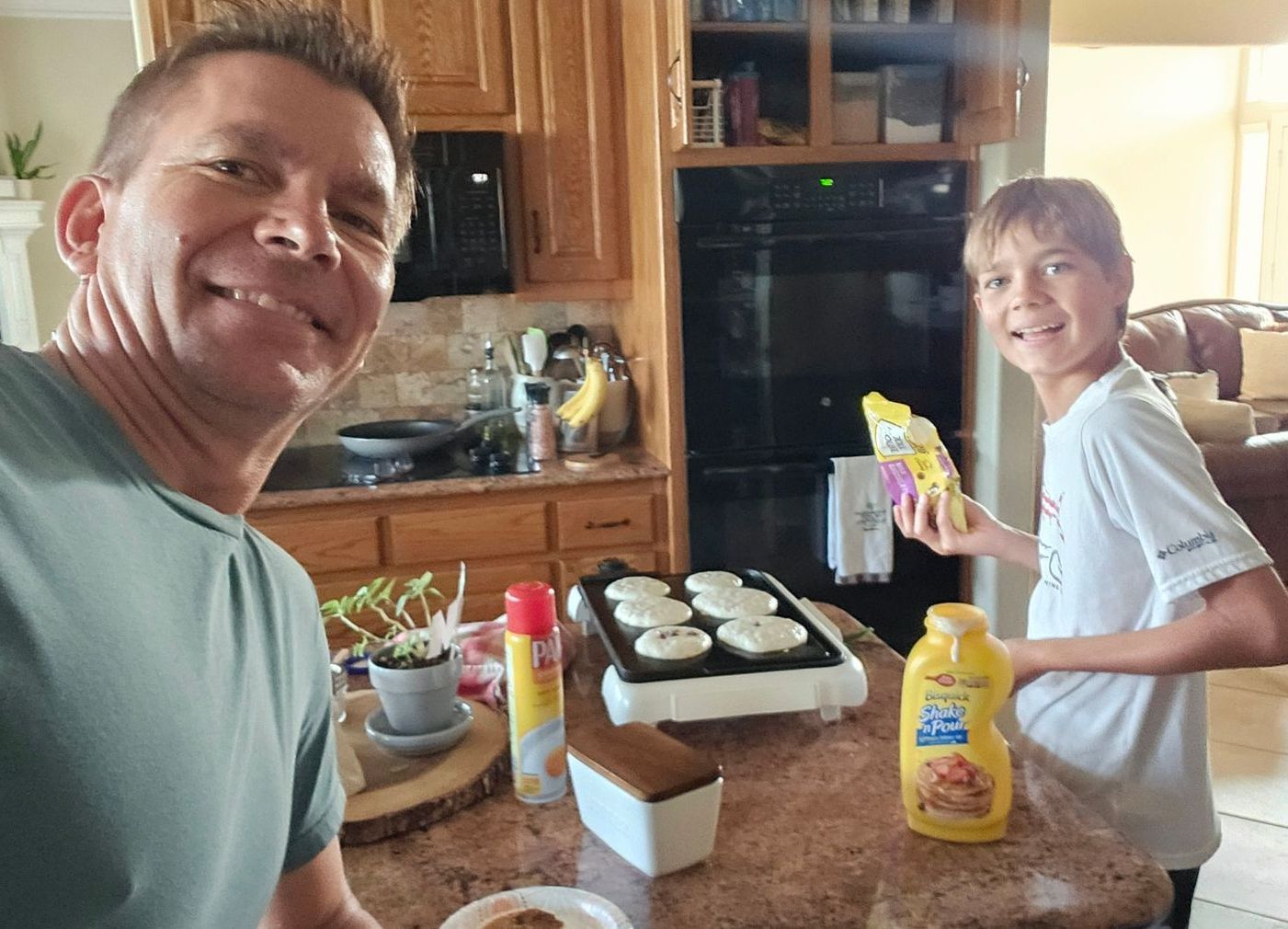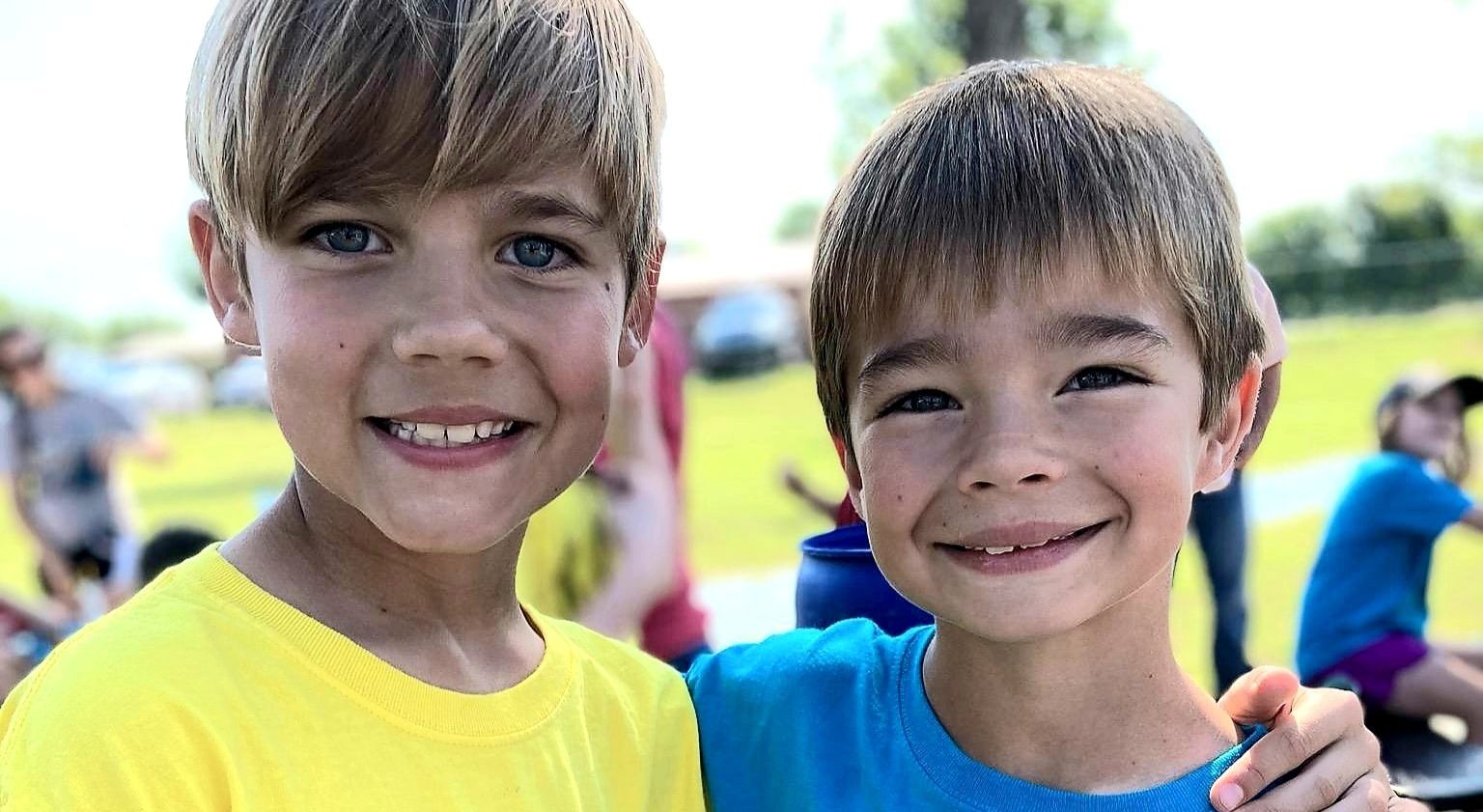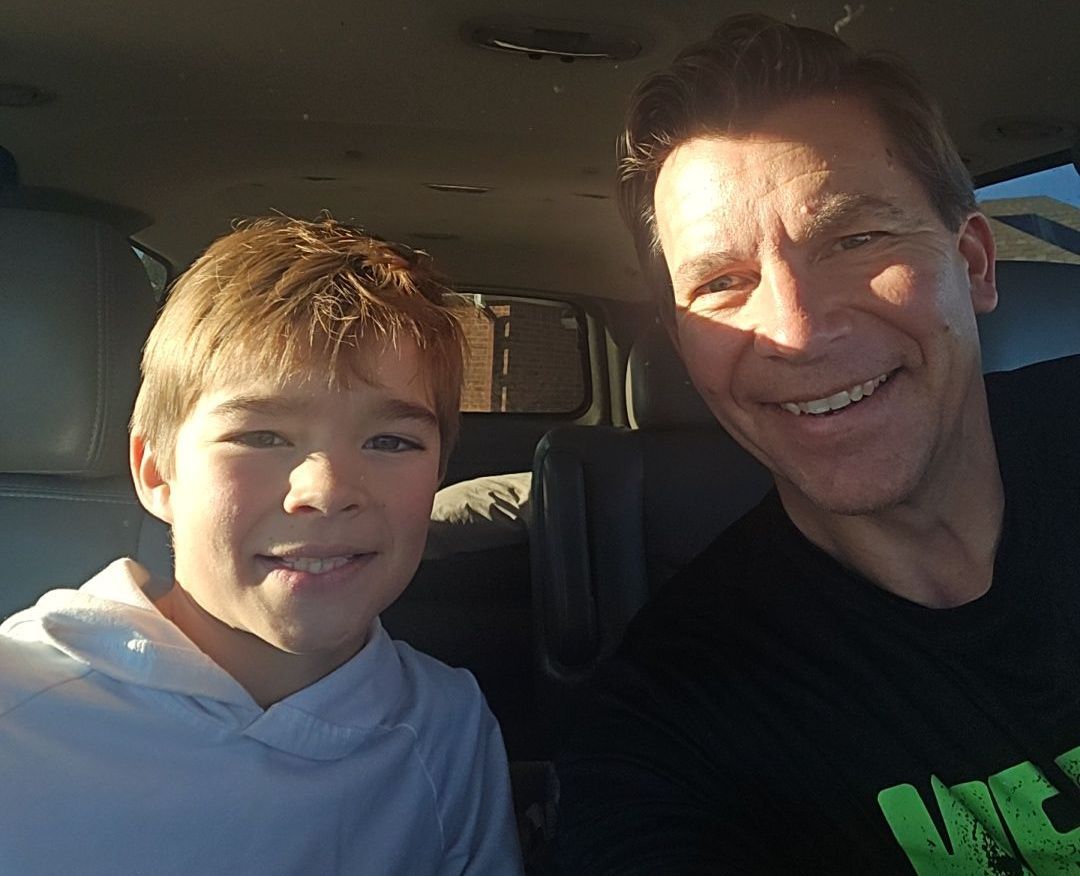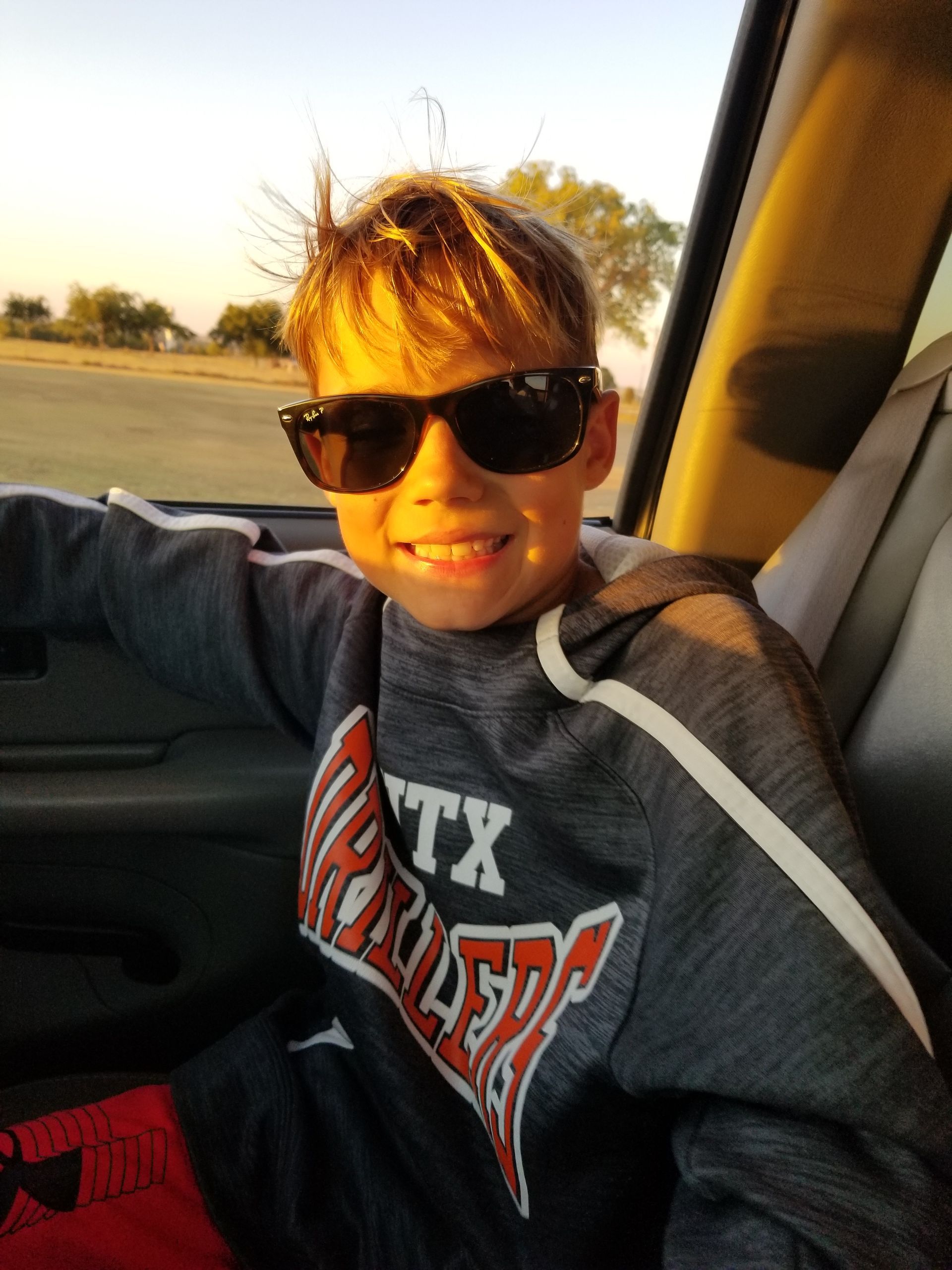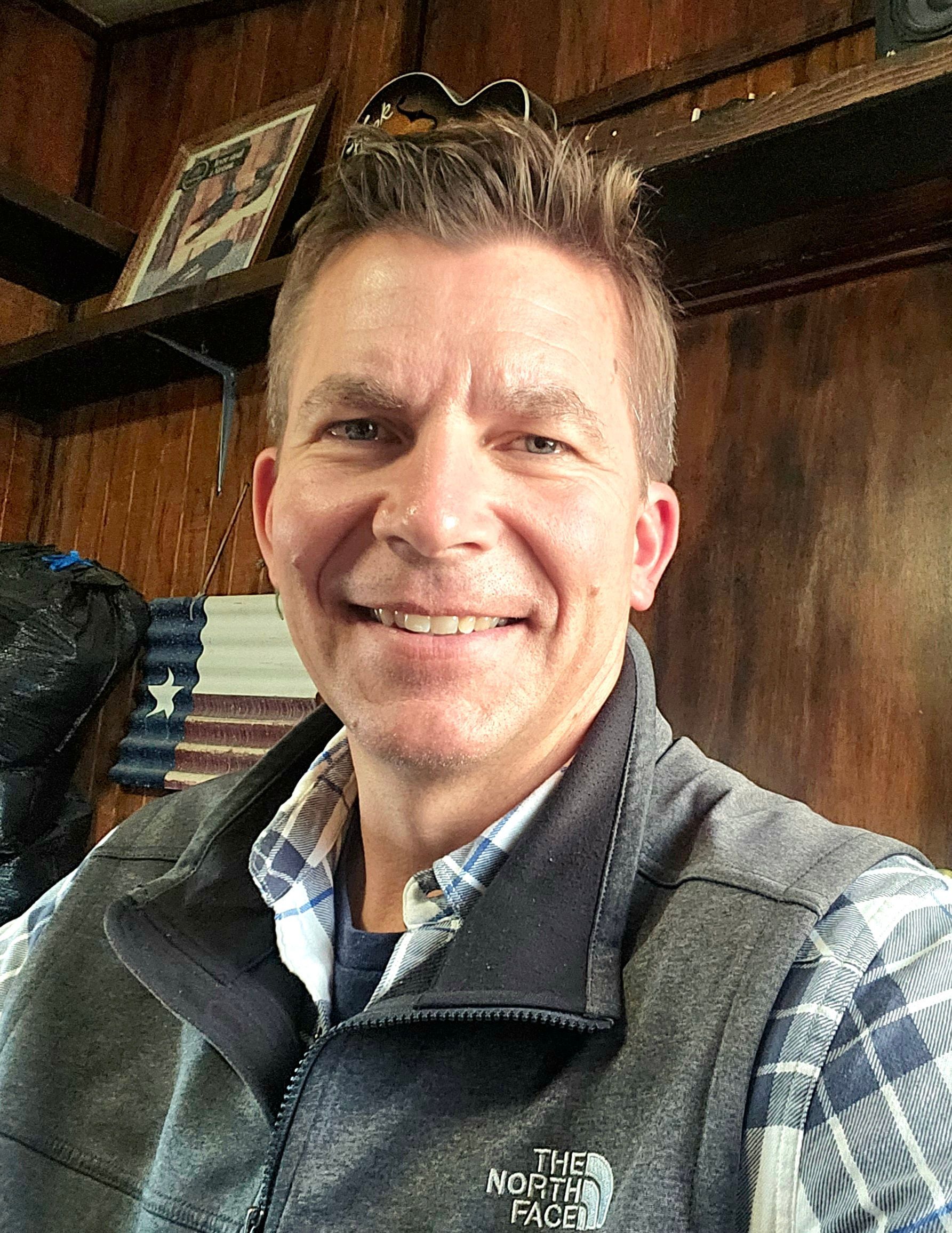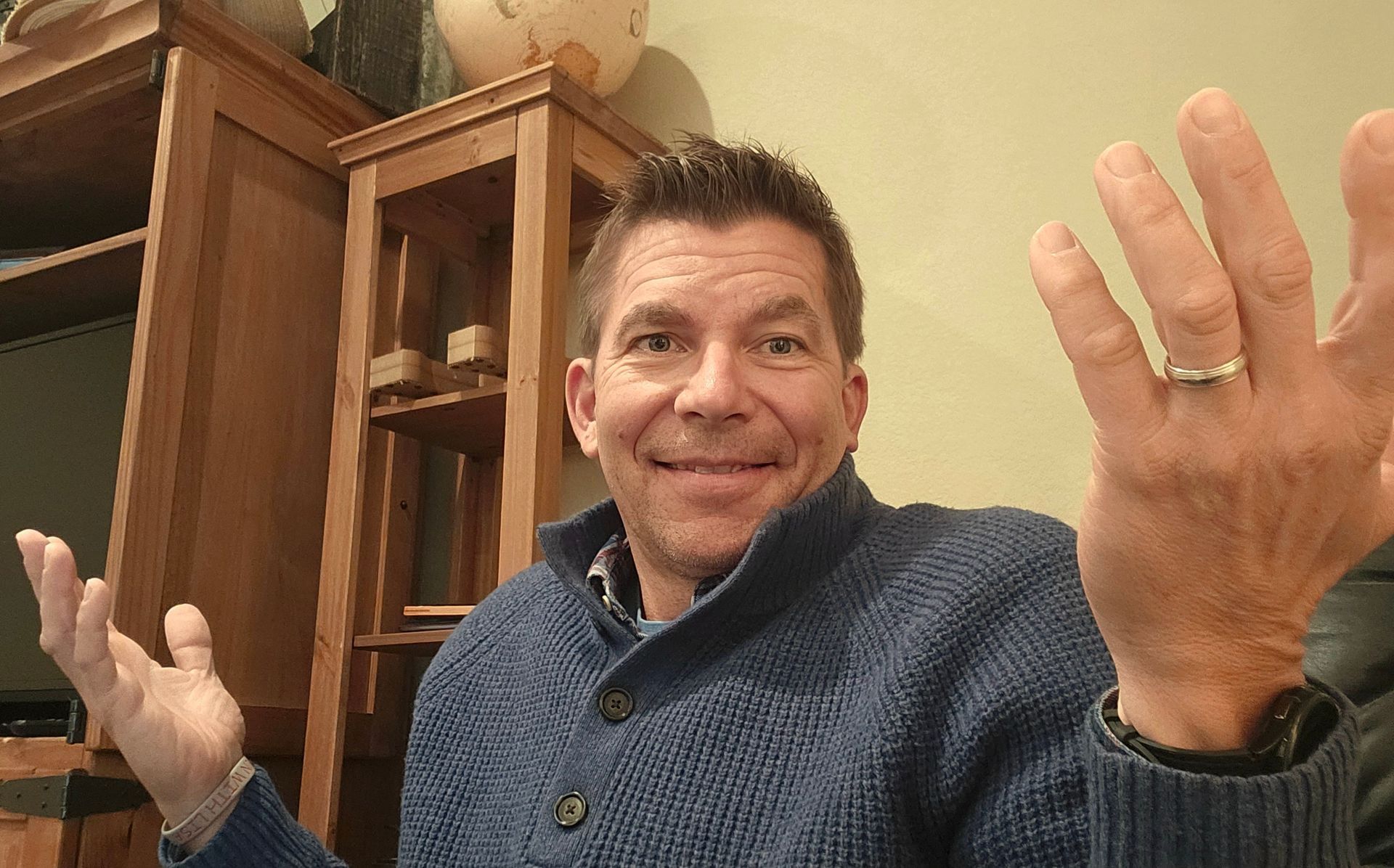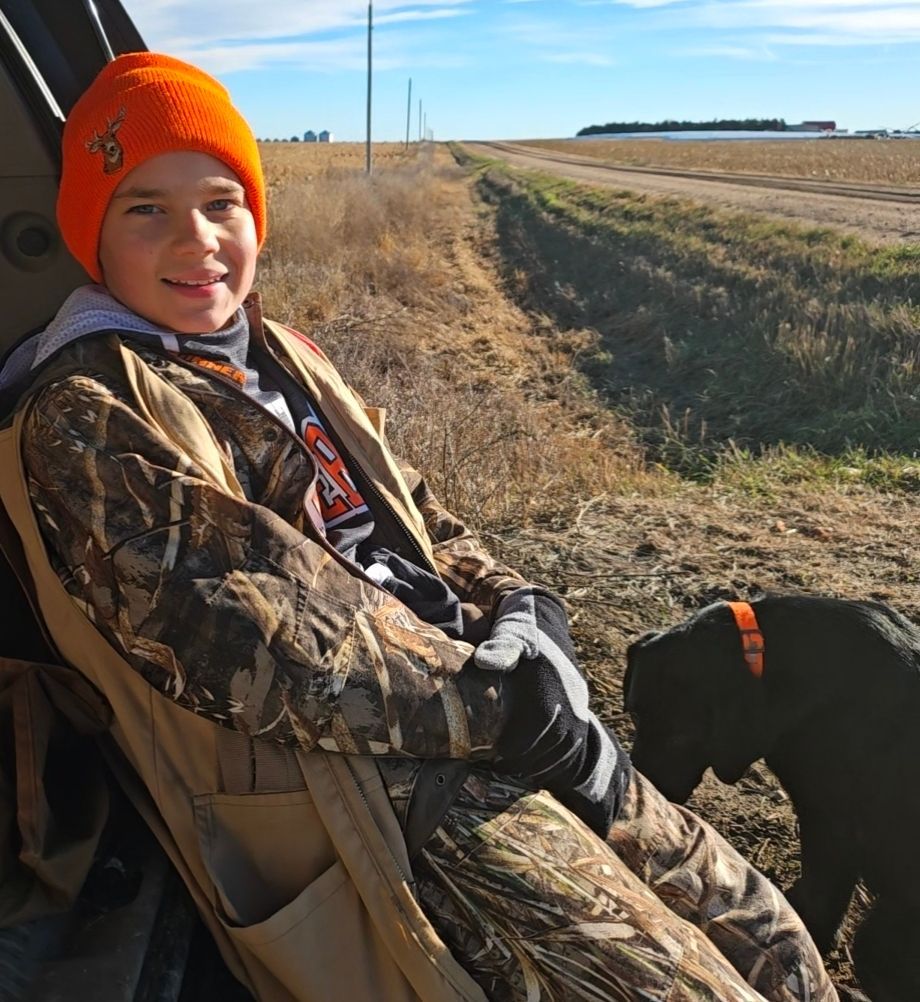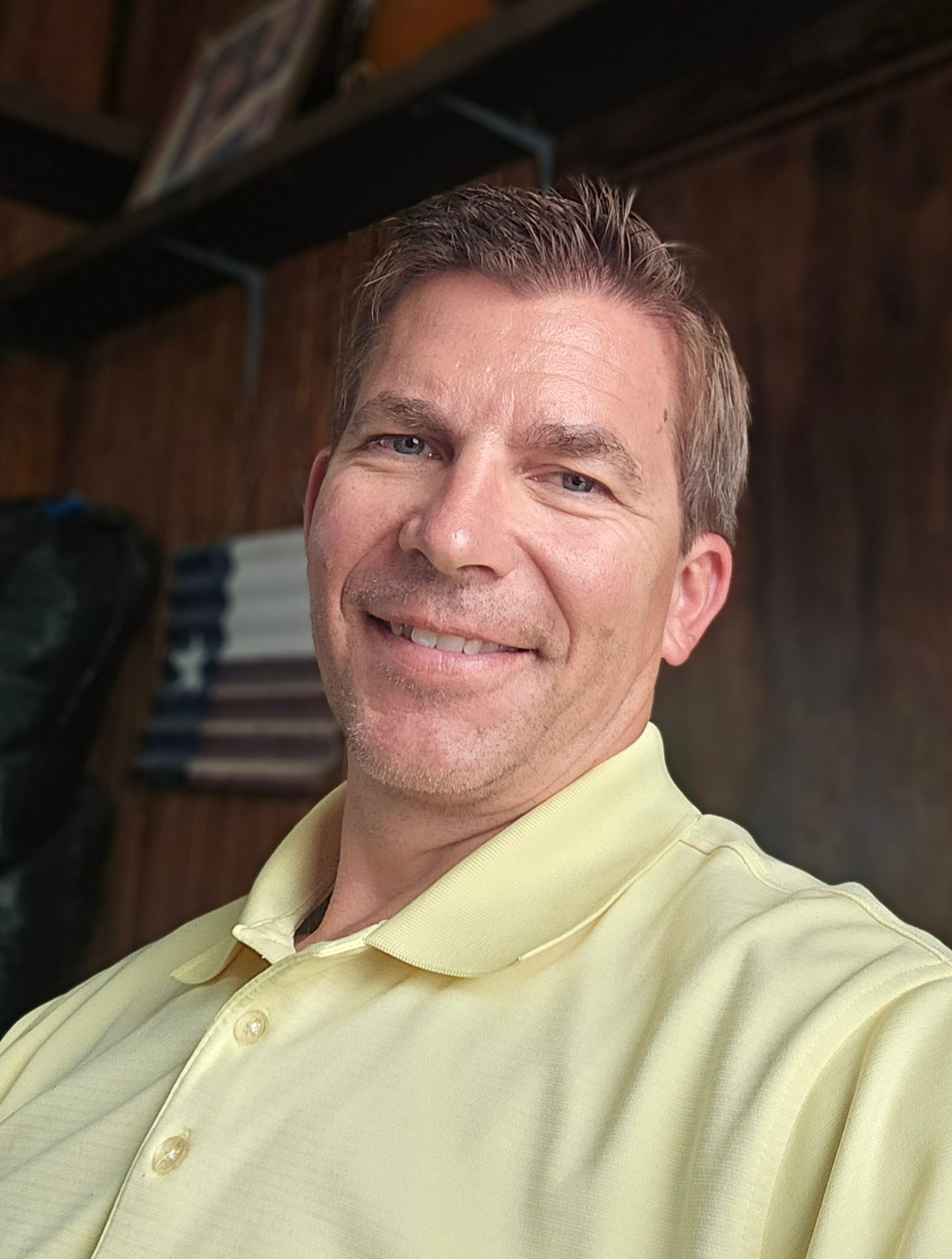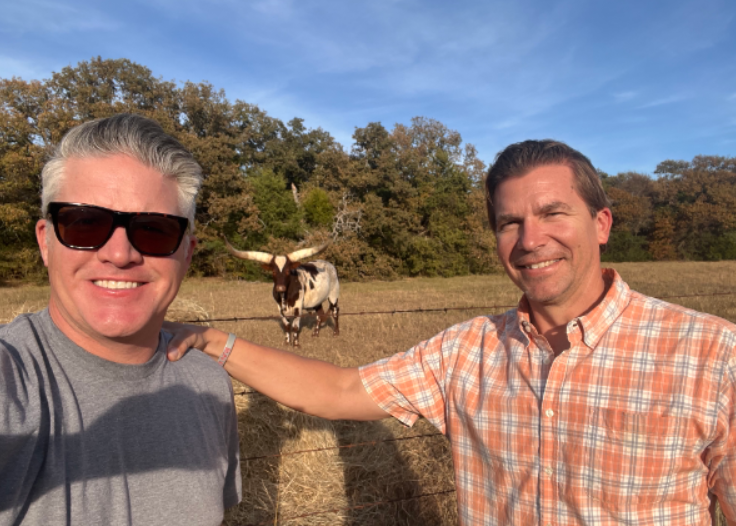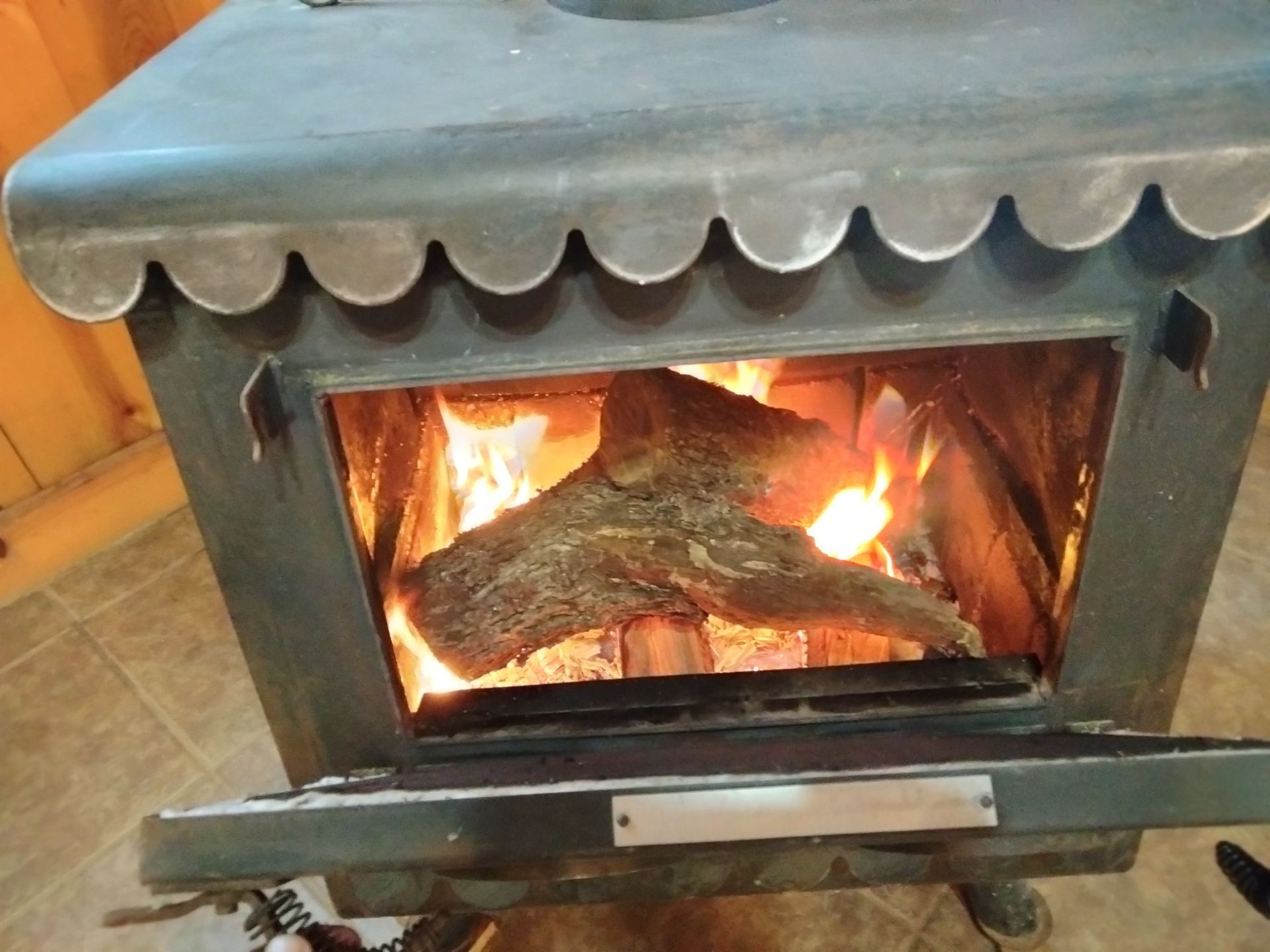Professional, Pleasure or People
A darker night sky feels unfamiliar, and those sounds at dusk? They’re coyotes, not saber-toothed tigers.
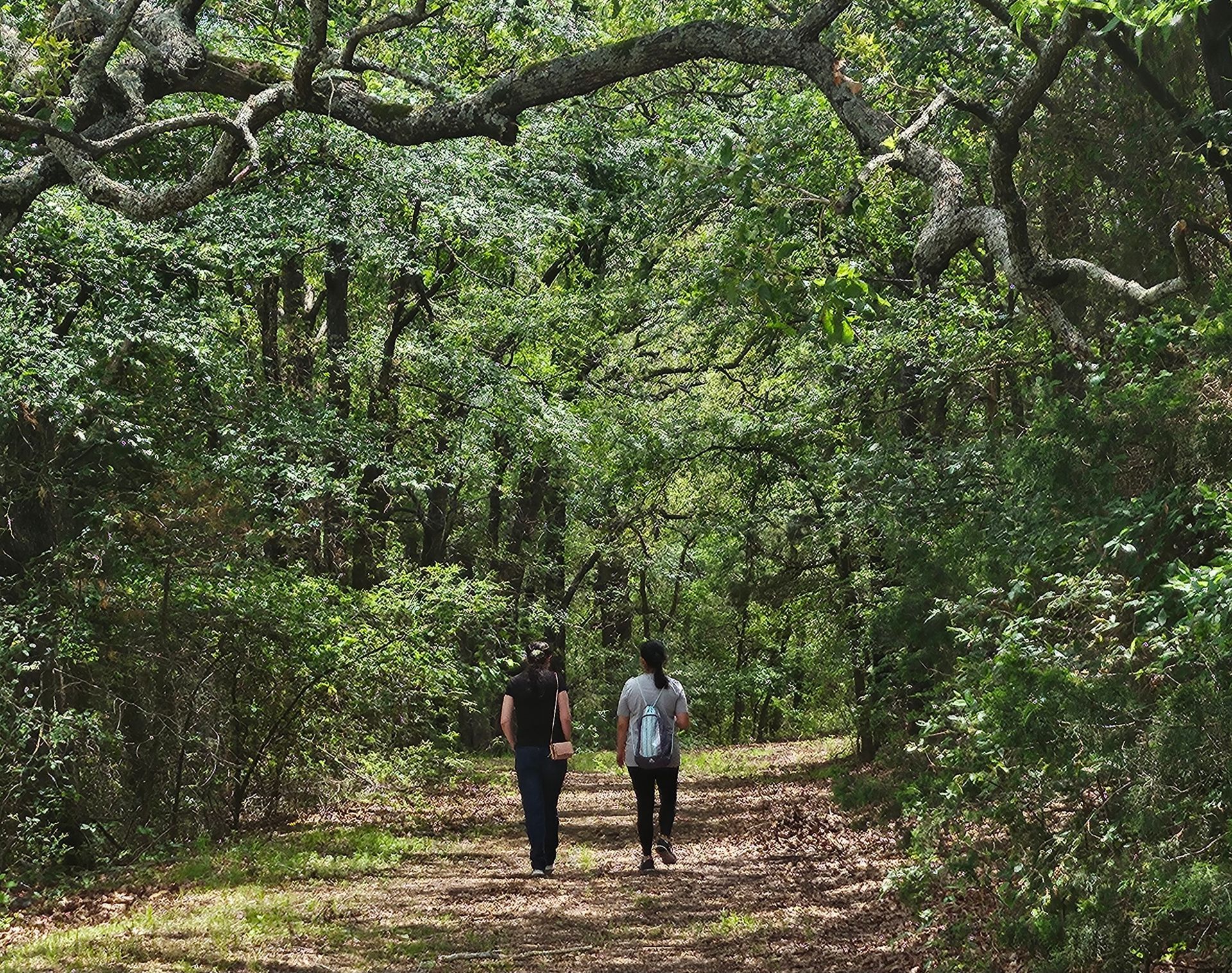
Lone Oak reminds me of where I spent the first 18 years of my life.
I grew up in a part of Kansas so flat, so sparsely populated, and so dimly lit that I could see the lights of a cattle ranch 35 miles away from our front porch. My hometown had about 250 people. I graduated high school with around 15 classmates who were more like family than friends. My grandparents lived less than half a mile away; the next closest neighbor was a mile down a straight dirt road.
Walmart was 45 minutes away. The nearest movie theater, 30. I didn’t know what “Starbucks” was until college.
During my senior year, after basketball practice one afternoon, I told my mom, “I don’t have any desire to leave the farm. I’m perfectly happy here.”
She smiled and said something that changed my life:
“You have to leave for one year. You can always come back, but you need to experience something different for a time.”
It was her way of nudging me out of the nest—with the comfort that home, after a bit, was still available.
At 18, I left the quiet farm for a larger city to earn a college degree. Later I moved to an even bigger one for graduate school. Eventually, I found myself living just outside New York City—job, apartment, and all.
Looking back over 50 years, I’ve spent about 40% of my life in populated places and about 60% in more rural settings. The quieter, slower, more peaceful ones still fit me best.
Through the years, I’ve written and studied human behavior. Always asking, "Why do people do what they do?"
When I look at big cities, I often wonder what draws people there.
The answers seem simple:
Profession. Pleasure. People.
Outside of finding a place to contribute, professionally, I still struggle to understand the desire to live in "tight" places and among thousands. I prefer a bit more space and a lot more sky.
But I believe some of that pull to the city is instinct.
Hundreds of years ago, safety came in numbers. The more people who lived within the heavily populated, “tented” community, the safer they were from wild animals, famine, disease, or attack. More people meant more hands to pick corn, carry weapons, and hunt buffalo.
As the industrial and technological revolutions took hold, the danger of being eaten by a bear faded. Cars, phones, and weapons became common. Now we can see who rang our doorbell—even from the other side of the world. The risk of death is low, but our instincts, and certain fears, haven’t caught up.
At Lone Oak, some still feel uneasy when they realize Walmart is 15 minutes away, Starbucks is 14, and the nearest stoplight is 13 minutes from our gate.
A darker night sky feels unfamiliar, and those sounds at dusk? They’re coyotes, not saber-toothed tigers.
So my encouragement today is simple: relax.
Yes, there are real concerns in the world, but they no longer involve woolly mammoths sniffing the food you just ordered from DoorDash.
Come find the quiet that so many desperately need.
Remain Encouraged,
Brian

